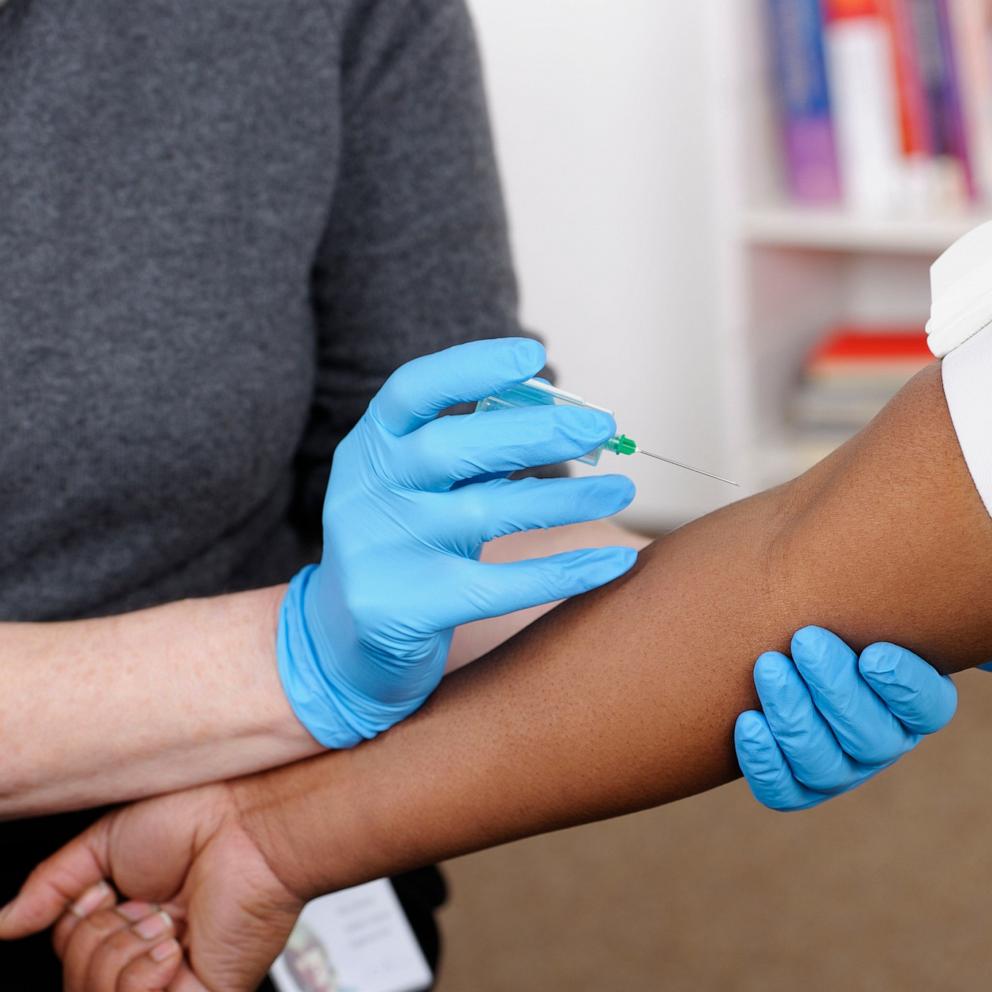Breast cancer screening is critical for transgender people, but many are missing out on care
Yanery Cruz took care of her grandmother while she battled breast cancer a few years ago. As a transgender woman, 31-year-old Cruz said the experience got her thinking about her own risk for the disease.
"If it wasn't for my grandmother's diagnosis, I may not have thought about my own chances of getting breast cancer as a woman on hormone therapy," Cruz told ABC News.

Like many in the transgender community, Cruz's health concerns had largely centered around her transition. For years, breast cancer wasn't even part of the conversation with her healthcare team, she said.
But breast cancer does not discriminate—anyone with breast tissue is at risk.

"Breast cancer doesn't care if you're transgender, non-binary, or how you identify," said Alexes Hazen, MD, a New York City-based plastic surgeon specializing in gender-affirming procedures. "If you have breast tissue, you need to have [a] screening."
Cisgender women have about a 13% lifetime risk of developing breast cancer, while cisgender men have a less than 1% chance, according to the American Cancer Society.
Both transgender men and women face real risks of breast cancer, but only about a third undergo regular mammography screenings, according to a study in the American Journal of Preventive Medicine. While a lack of data and unclear guidelines are part of the problem, there are also other factors at play.
"I have not been screened for breast cancer. My primary care doctor never mentioned it to me, despite my family history. I sometimes check myself based on research I've done online, but I don't know how to go about it," Cruz said.
This lack of awareness and the challenges transgender individuals face with screening are echoed by Hazen.
"There are unique barriers to screening the transgender and non-binary population for breast cancer, like insurance coverage and the discomfort of being in a women-focused facility for someone who has transitioned to male. This can be almost debilitating and a real barrier to care," Hazen said.

But screening is important for someone who is transgender, Hazen stressed.
Transgender females (male to female) develop up to a 46 times higher risk of breast cancer following gender transition, largely due to the estrogen-containing medications they take to feminize their body, according to a study in the BMJ. Factors like family history, genetics, and lifestyle also contribute to risk, just as they do for any woman.
Five years of hormone exposure alone is enough to increase this risk, Hazen pointed out. And some individuals, including Cruz, obtained hormone medications outside of the medical system, at least initially, due to financial, social, or bureaucratic barriers—further increasing their risk.
"We don't really know what the unique risks are in terms of black-market hormones that haven't been checked and may not be sterile or the right dose, and this is something that needs to be studied," Hazen said.
Yet, despite this heightened danger, Cruz recalled, "Even after I was prescribed hormones by a doctor, breast cancer was never discussed."

Breast cancer is still 60 times more likely in transgender males compared to cisgender males.
After having "top surgery" to remove their breasts, Hazen acknowledged that it's possible residual breast tissue can remain, leaving a person vulnerable to the disease. It also becomes more challenging to screen since mammography may no longer be an option.
Still, Hazen reinforced how critical regular screening is for anybody with breast tissue, regardless of their gender identity. "The reality is that breast cancer is treatable, especially when caught early," she said.
She added that she hoped that breast cancer awareness has begun breaking through to transgender community at large and the healthcare providers who work with them.
"Ignoring a whole sector of the population that has breast tissue is tragic and sad," Hazen emphasized. "The message needs to get out that screening is available, and insurance can cover it."
Anokhi Saklecha, MD is a resident internal medicine physician at the Yale-New Haven Medical Center and a member of the ABC Medical Unit.



